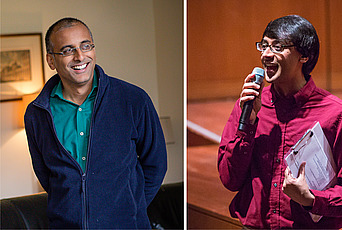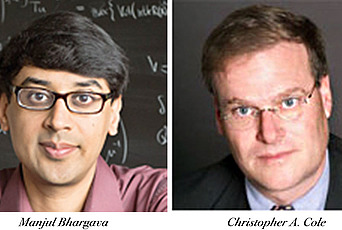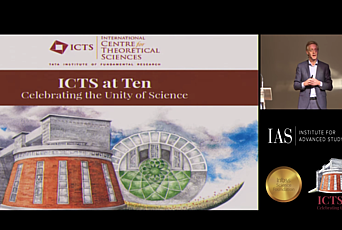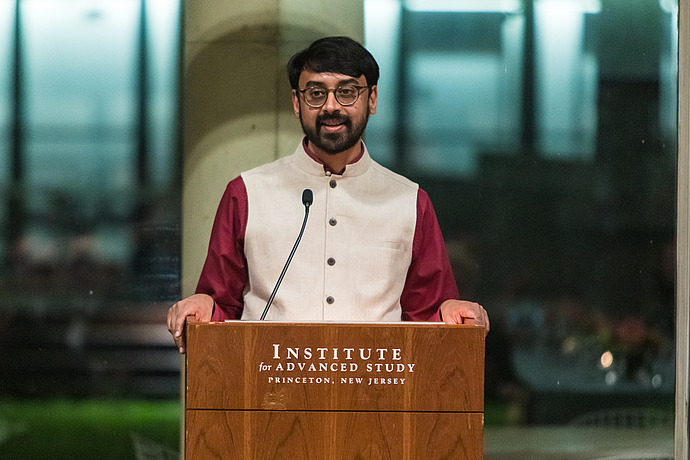
IAS Trustee Manjul Bhargava Champions Historic Indian Education Reforms
“Education is fundamental for achieving full human potential, developing an equitable and just society, and promoting national development.” —Indian National Education Policy (2020)
On July 29, 2020, the Indian government announced the adoption of its first comprehensive education policy in 34 years. This collective achievement seeks to ensure academic opportunity for learners of all ages, regardless of social or economic background, and sets India on a path to realizing the many benefits of universal access to high-quality education.
One of the architects of this plan is IAS Trustee Manjul Bhargava, who decided to take leave from his position at Princeton University to spend a year working on education policy in India. Bhargava was one of eight members who served on the committee charged with designing a modern education system for Indian schools and colleges.
Speaking with Infosys Founder and IAS Trustee NR Narayana Murthy, in an interview for The Economic Times, Bhargava explained:
One thing missing in Indian education is [freedom] for teachers to innovate, to learn the latest, and to update their curriculum. Often teachers are just given a book and [told to] teach page by page. Such autonomy is there in other countries … for teachers to innovate, be creative, and learn the latest. Unfortunately, it is not there in the system in India, which requires cultural change.
Bhargava, who is only 46 years old, has achieved unparalleled success as a mathematician for his work in number theory, and he was the first person of Indian origin to win a Fields Medal. In addition to those he has already inspired through his scholarship, he has now helped to uplift an entire generation of students as a policy reformer.
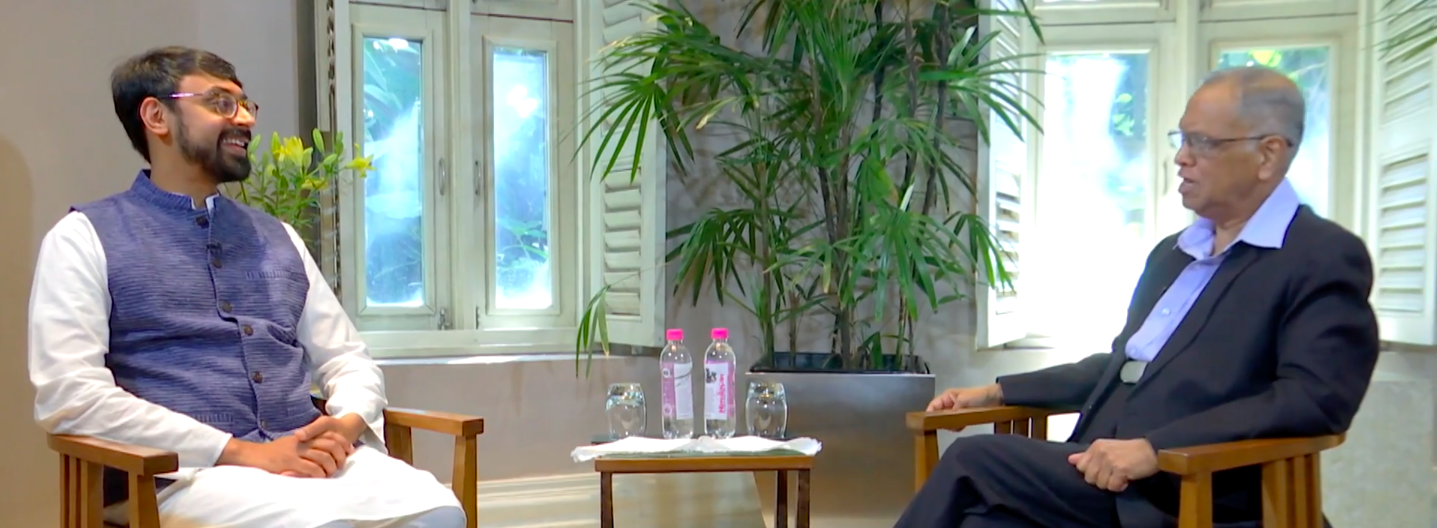
The size of India’s talent pool represents a massive untapped potential for innovation and transformative ideas. To spur creativity among students, Bhargava further recognized that:
[There is a need for] more multidisciplinary education. Why are we putting people in silos in 8th, 9th grade? For their high school Board exams, students have to go for either the arts, the sciences, or commerce. In college, if they are doing engineering, they only do engineering. They don't have any stimulation on the other side of the brain. I think this is something that really must change to unleash the interdisciplinary creativity of the students.
[Such a multidisciplinary education] actually was the ancient Indian tradition of "holistic education"—studying the sciences through the arts and the arts through the sciences. Breaking silos in education is going to be very important in the coming years.
The Institute is proud to celebrate this significant milestone and continues to support a more inclusive and vibrant global research community that cultivates borderless knowledge and shared prosperity around the world.
Read more at The Economic Times or watch Murthy’s interview of Bhargava at BloombergQuint.
